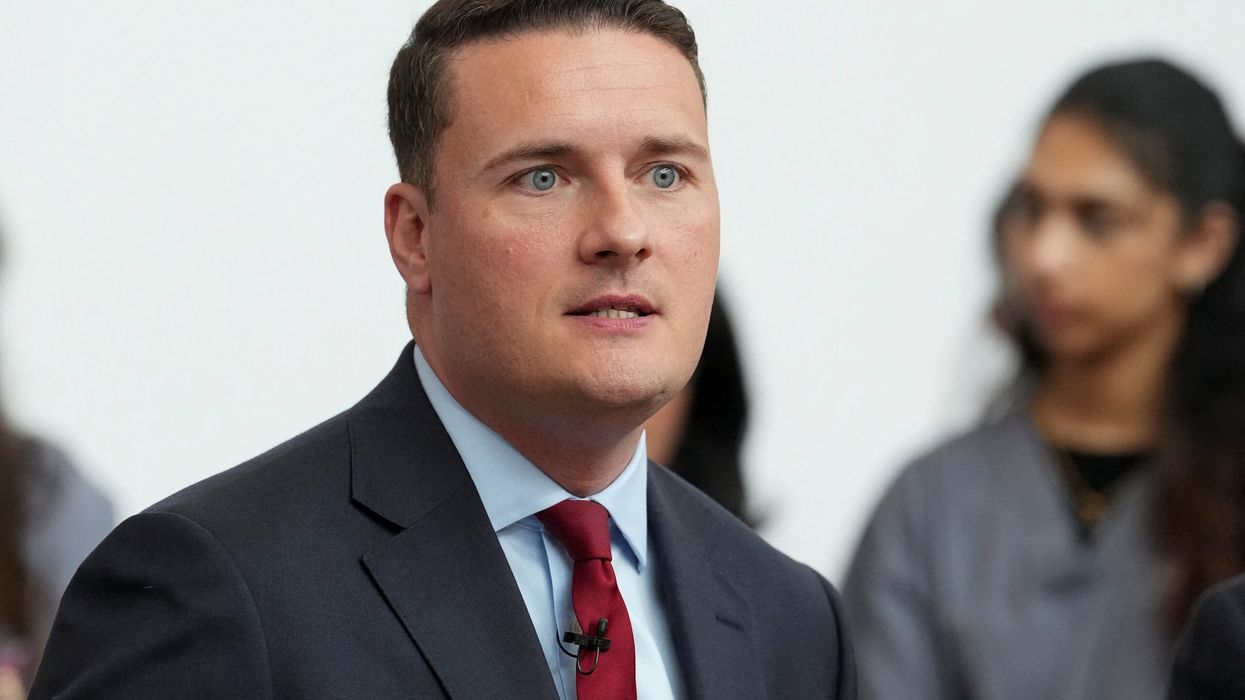LABOUR has pledged to eliminate the NHS waiting list backlog in England within five years, with shadow health secretary cautioning that the health service risks becoming “a poor service for poor people” while wealthier individuals turn to private care.
Wes Streeting told the Guardian that if the Tories remain in power, the total waiting list in England could reach 10 million cases, degrading healthcare to the level of NHS dental services.
In one of Labour’s most significant and ambitious electoral promises, Streeting and party leader Keir Starmer will use a campaign stop in the West Midlands to pledge that the backlog of approximately 3.2 million people in England now waiting more than 18 weeks for NHS treatment will be cleared within five years.
Previously, Labour outlined plans to create 40,000 additional appointments per week through extended weekend and evening services, along with measures like expanding staff and utilising private sector capacity.
However, this is the first time Labour has made such a specific commitment on waiting lists.
Streeting acknowledged the immense responsibility to meet this target. Having been treated by the NHS for kidney cancer, he described it as his “driving purpose” to accomplish this goal.
“I feel this enormous weight of responsibility on our shoulders,” he was quoted as saying. “The challenge today is far greater than it was in 1997. As someone whose life was saved by the NHS when I had kidney cancer, and whose family has regularly relied on the NHS, if there’s only one thing I do with a life saved by the NHS, it’s dedicating myself to saving the NHS that saved me. That’s my driving purpose. I truly hope people give us the chance to do it.”
While a £1.3bn annual funding increase, partly financed by abolishing the non-dom tax status, will support some of the faster patient turnaround, much of the plan depends on modernisation and efficiency.
Streeting has had disagreements with professional organizations such as the British Medical Association, the doctors’ union, but he noted a willingness within the NHS to embrace change.
“I’m speaking from a practice in Yorkshire where GP partners prioritise the family-doctor relationship and offer additional services like singing classes for respiratory issues and dementia clinics,” he said.
“There are brilliant people on the front lines who are not resistant to change. They are desperate for a government that works with them instead of undermining them. So I see it as reforming the NHS alongside its staff, making it fit for the future.”
NHS waiting lists in England are measured by various metrics, depending on the waiting period. The latest figures show that among the 3.2 million people waiting more than 18 weeks, over 300,000 have been on the list for a year or more.
The total waiting list includes about 6.3 million individuals, just over 7.5 million cases.
Healthcare analysts welcomed Labour’s plan but cautioned that the proposals might not lead to a “rapid or sudden improvement” in waiting times, potentially diverting attention from other urgent health issues.
“Clearing the backlog within five years would require significant effort and focus, possibly slowing down other health and care goals,” said Sarah Woolnough, CEO of the King’s Fund. “Achieving this goal would almost certainly need a quick resolution to ongoing industrial actions.”
Woolnough added that offering evening and weekend appointments is a good strategy but warned about high levels of stress and burnout among NHS staff.
Thea Stein, CEO of the Nuffield Trust, supported Labour’s focus on waiting lists.
She expressed agreement on the necessity to invest more in equipment, noting that it has historically been affected by short-termism. However, she pointed out that the proposed funds would only cover a limited amount of additional care, which would not be enough for a rapid or sudden improvement.





